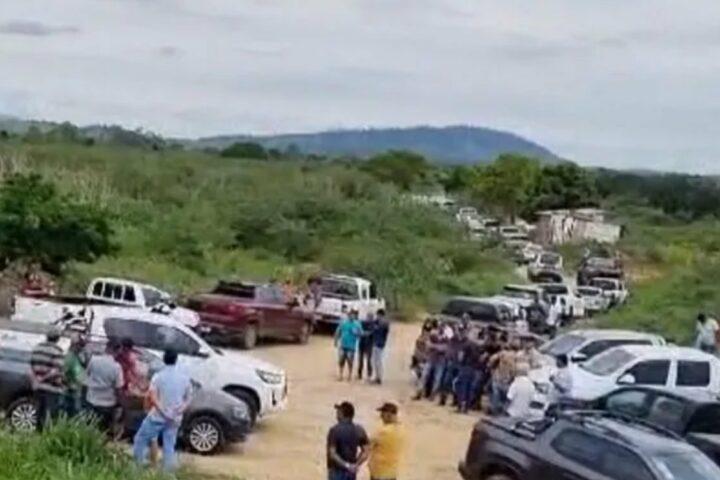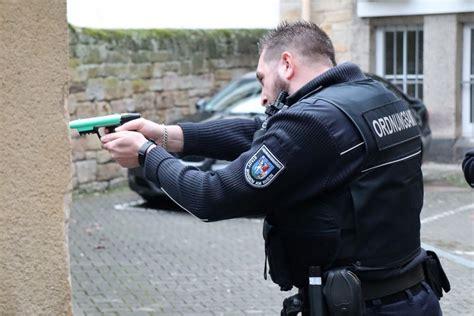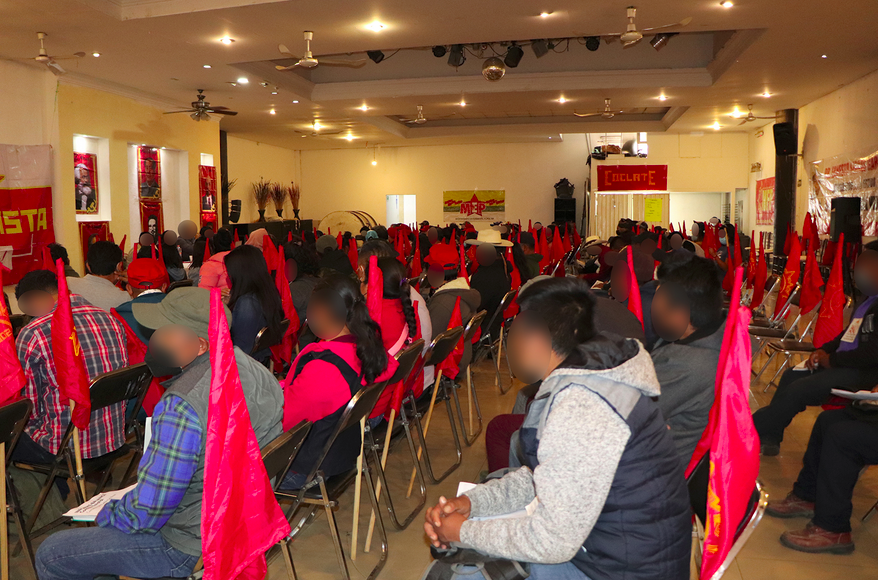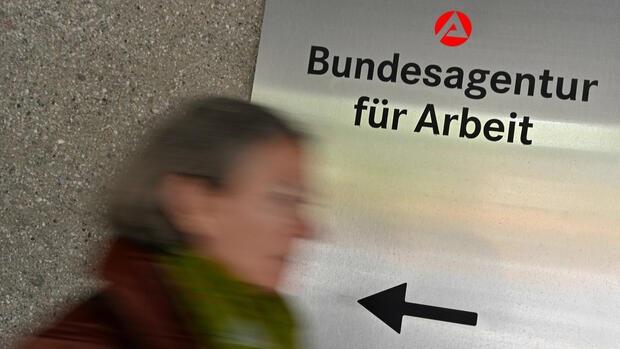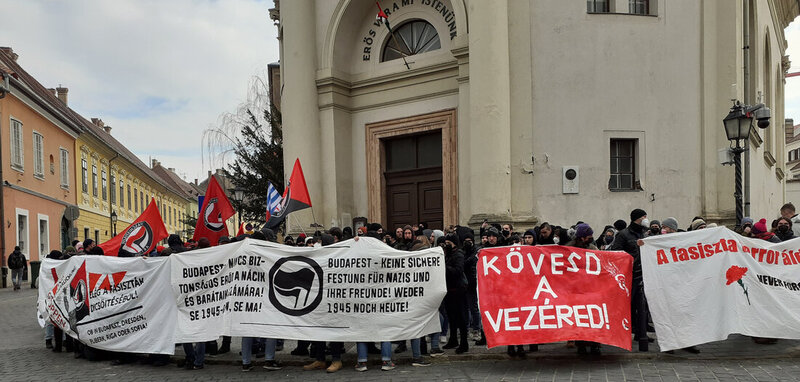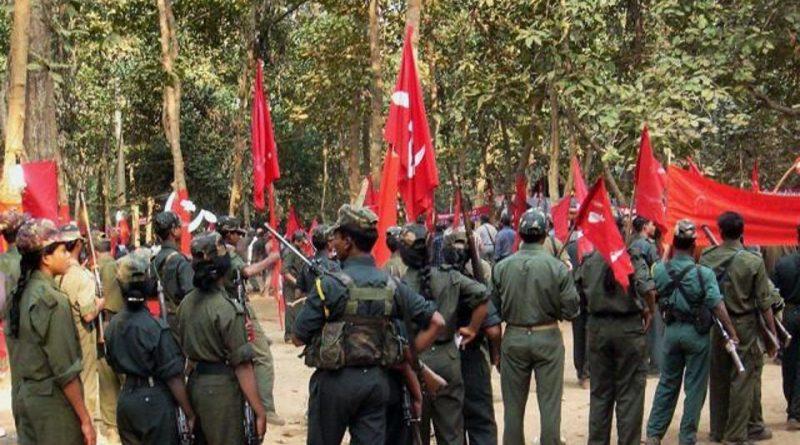Dokumente
Dokumente
- Details
- Category: BRD
- Details
- Category: International
The democratic and revolutionary news site "Sol Rojista" has also reported on the current situation in Mexico itself in its weekly news roundup on class struggles and revolutionary actions around the world.
- Details
- Category: BRD
The economy of German imperialism is in recession, in other words in an economic crisis as part and expression of the general crisis of imperialism. This is noticeable in many areas and, interestingly, now also in the unemployment figures. The whole thing is interesting because there is "actually" a great shortage of skilled workers in the FRG, or rather, and this is the more correct version, a great general shortage of labor. It should also be said that, firstly, there are demographic reasons for this shortage, which are repeatedly brought to the foreground in the media, but secondly, it also has a lot to do with the increasingly poor working conditions and the intensification and prolongation of exploitation, which young people and young adults in particular reject.
- Details
- Category: BRD
On February 11, Europe's largest Nazi march, the so-called "Day of Honor", once again took place in Budapest. Last year, there were attacks on participating fascists. There was repression in several countries against allegedly participating anti-fascists. Let's take a look at the current situation.
- Details
- Category: International
January 30:
In the Indian state of Chattisgarh, during an anti-Maoist search operation by the Central Police Reserve Force with the involvement of CoBRA elite units, there was a gun battle with Maoists of the People's Liberation Guerrilla Army in which three members of the reactionary paramilitaries were killed and another 15 injured. Two of the paramilitaries killed in the firefight were members of the CoBRA elite units, which are specially trained for warfare in the jungle. The incident took place on the border between Suka and Bijapur districts in Chhattisgarh. Just a few days earlier, these units had opened a new police camp in Tekalgudem - which is generally described as a Maoist stronghold - and started terrorizing the population in the area in order to deprive the people's war of ground. This plan was apparently quickly rebuffed by the Maoist fighters.
- Details
- Category: BRD
The FDP-led Federal Ministry of Justice has proposed a new law to regulate the use of so-called V-Leuten (informers). The planned draft law will primarily deal with documentation and reporting obligations to be applied by the executive authorities in the event of the use of informers. In future, judges should also be granted the right to express reservations about the use of informers. For example, if the money received from the bourgeois state is the primary source of income for these informers. A public and internal debate is now developing against these changes within the executive apparatus of the bourgeois state, in which police officers from NRW in particular are " storming against it", as Westdeutscher Rundfunk describes the situation.
